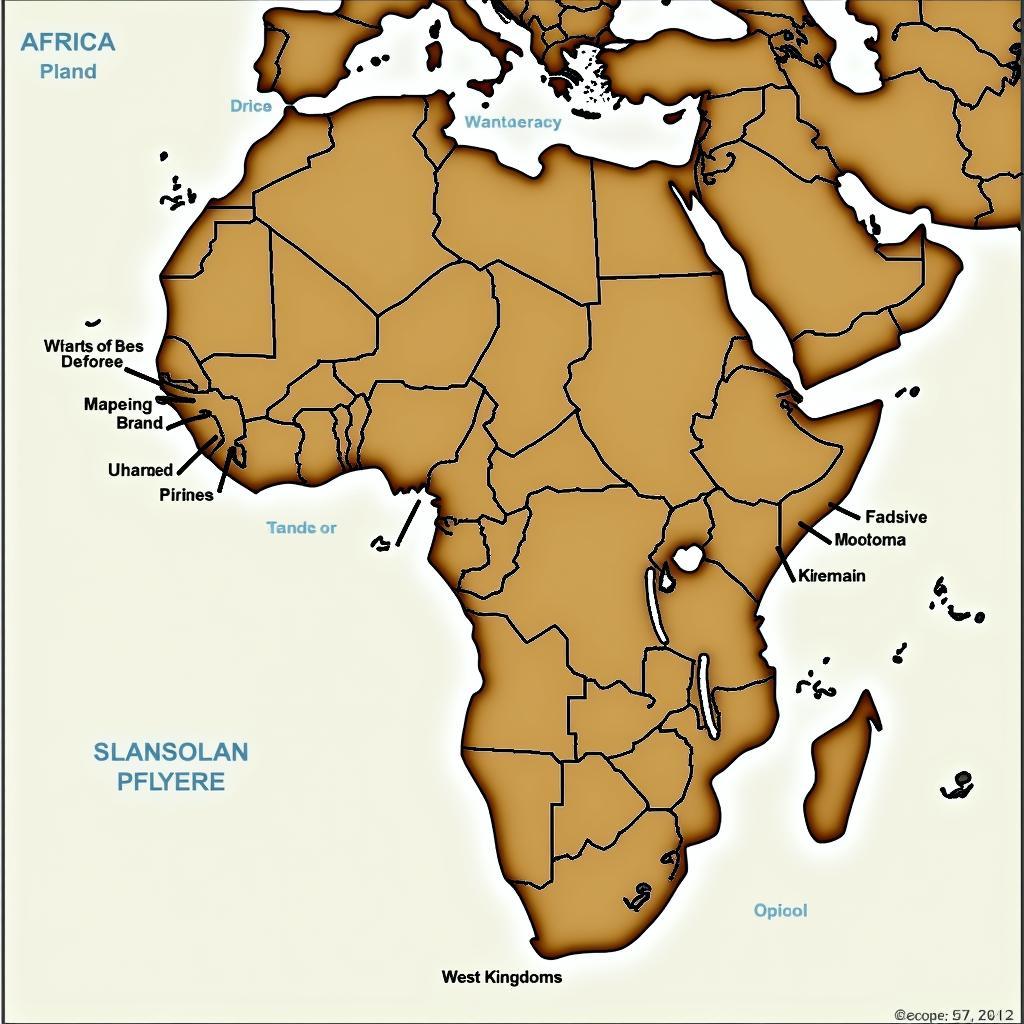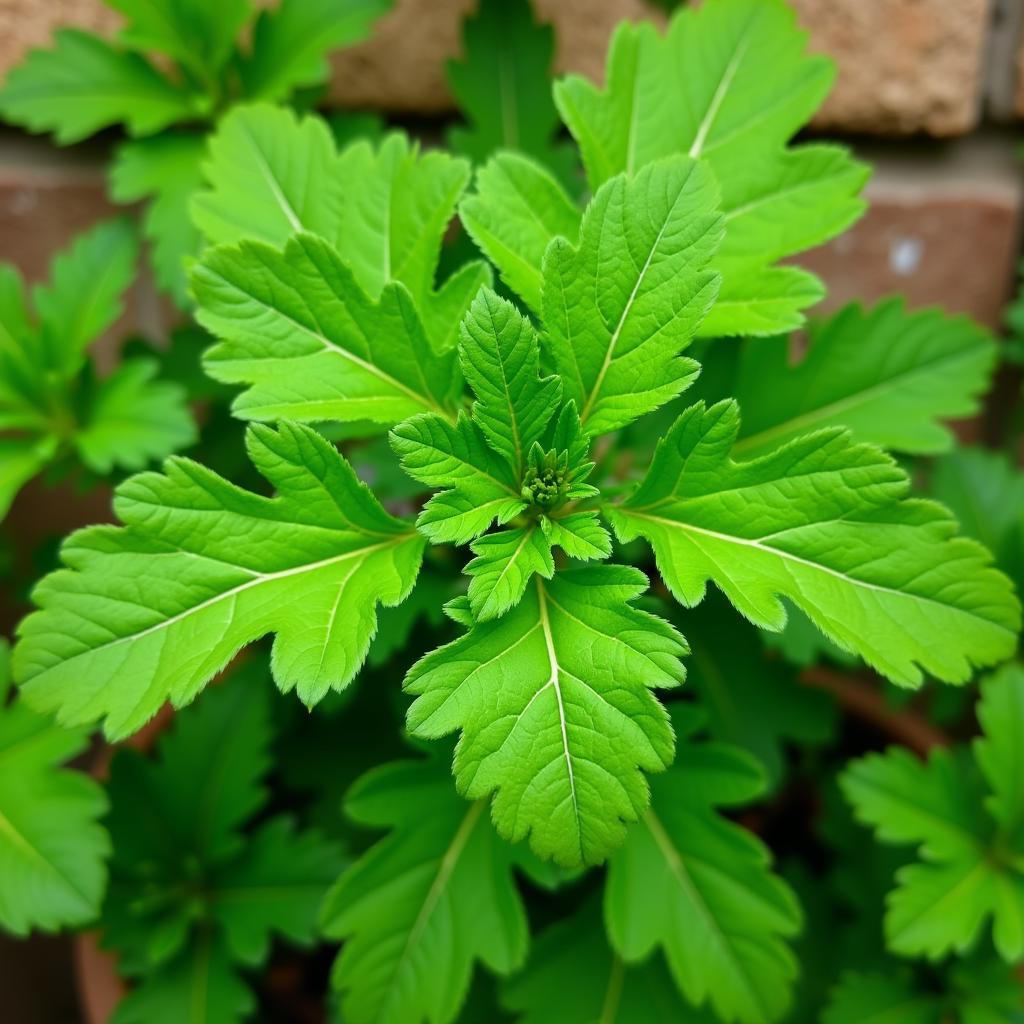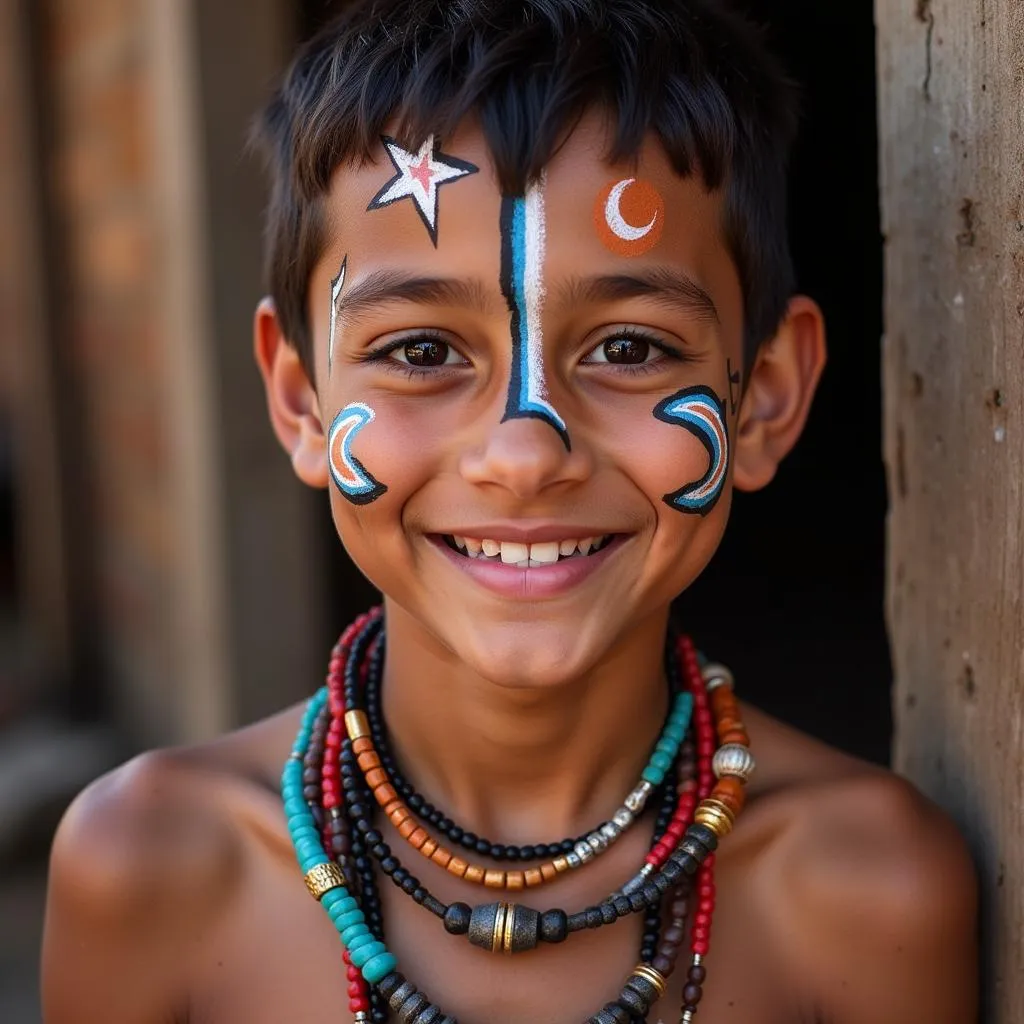African Countries Involved in the Slave Trade
The transatlantic slave trade remains one of history’s darkest chapters, leaving an indelible mark on the global landscape. Understanding which African countries were involved in the slave trade is crucial to grasping the complex dynamics of this period and its lasting repercussions. This article delves into the intricate network of African nations involved in the trade, examining their roles and the profound impact it had on their societies.
It’s important to understand that the transatlantic slave trade wasn’t a monolithic entity. African participation varied significantly across regions and over time. While some kingdoms actively engaged in capturing and selling enslaved people, others were victims of raids and coercion. This nuanced perspective is vital for a comprehensive understanding of the slave trade’s devastating history. For a broader perspective on the African continent, take a look at recent African Union News.
The Complexities of African Involvement
The involvement of African countries in the slave trade was a complex tapestry woven with economic, political, and social threads. Several West African kingdoms, such as Dahomey, Asante, and Oyo, actively participated in the trade, exchanging enslaved people for European goods like guns, textiles, and alcohol. This influx of weapons often fueled regional conflicts and further destabilized the political landscape.
The demand for slaves created a vicious cycle of warfare and raiding. Coastal kingdoms often launched expeditions into the interior, capturing individuals and selling them to European traders. This practice devastated communities and contributed to the long-term instability of many regions. It’s crucial to recognize the varied levels of agency and coercion at play in this tragic chapter of history. Did you know that there were even instances of an African king and white slaves? This often overlooked aspect of history highlights the complexities of the slave trade beyond the transatlantic narrative.
 West African Kingdoms and the Slave Trade
West African Kingdoms and the Slave Trade
Other regions, like East Africa, experienced a different form of slave trade, primarily focused on supplying enslaved people to the Middle East and Indian Ocean world. This trade, though distinct from the transatlantic trade, was equally devastating and had long-lasting impacts on the region’s demographics and social structures.
Which Countries Were Involved?
Identifying specific countries involved requires careful consideration of historical borders, which often shifted significantly over time. Furthermore, the involvement of specific ethnic groups and kingdoms within present-day nation-states must be acknowledged. Some of the present-day countries encompassing regions deeply implicated in the transatlantic slave trade include:
- Ghana
- Nigeria
- Benin
- Togo
- Senegal
- Angola
- Democratic Republic of Congo
This is not an exhaustive list, and it’s essential to remember that many other areas were affected, either directly or indirectly. For example, the cultural impact of the slave trade can still be felt in African Heritage in Latin America.
The Lasting Legacy
The impact of the slave trade continues to resonate across the African continent and the diaspora. It led to significant demographic shifts, the destruction of communities, and the disruption of economic and political systems. Understanding this complex history is crucial for addressing present-day inequalities and promoting healing and reconciliation. The legacy of this brutal trade continues to shape global discussions on race, identity, and social justice. Learning about historical sites, such as an African castle, can offer valuable insights into this period.
How did the slave trade impact African societies?
The slave trade decimated populations, fueled inter-tribal conflicts, and led to the loss of cultural heritage and knowledge.
What were the primary goods traded for enslaved people?
European traders exchanged goods like guns, textiles, alcohol, and other manufactured items for enslaved people.
Conclusion
The transatlantic slave trade represents a complex and tragic period in history. Understanding the involvement of African countries requires a nuanced approach, acknowledging the diverse roles played by different groups and the lasting consequences for the continent. By examining this history, we can gain a deeper understanding of the forces that shaped the modern world and work towards a future where such atrocities are never repeated. To learn more about this topic, you can find information on African Ladies for Sex Delhi, highlighting another dark aspect of exploitation in modern times.
FAQ
- What role did European powers play in the slave trade? European powers created the demand for enslaved labor in the Americas, driving the transatlantic slave trade.
- How did the slave trade affect the development of Africa? The slave trade significantly hindered Africa’s economic and social development, leading to long-term instability and inequality.
- Were all African societies involved in the slave trade equally? No, African involvement varied considerably, with some kingdoms actively participating while others were victims of raids and coercion.
- What are some of the lasting impacts of the slave trade on African societies? The slave trade resulted in demographic shifts, economic disruption, and the loss of cultural heritage.
- How can we learn more about the history of the slave trade? Numerous books, documentaries, and museums offer valuable resources for learning about this complex history.
- What is the importance of understanding the slave trade today? Understanding the slave trade is crucial for addressing present-day inequalities and promoting social justice.
- What are some resources available for learning more about the African diaspora? Various organizations and academic institutions offer resources and programs focused on the history and culture of the African diaspora.
For assistance, please contact us at +255768904061, kaka.mag@gmail.com or visit us at Mbarali DC Mawindi, Kangaga, Tanzania. Our customer service team is available 24/7.


